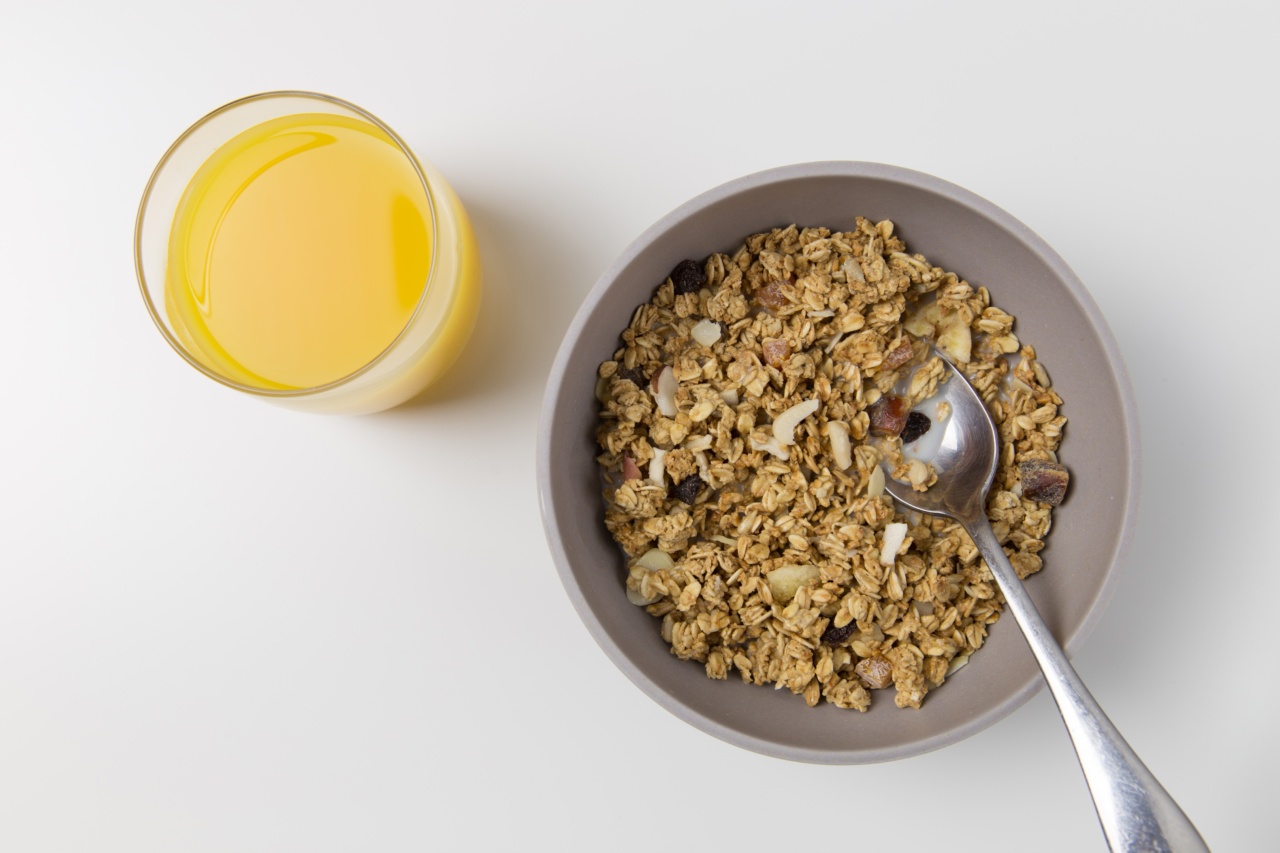Fiber is a type of carbohydrate that the body cannot digest. It is found in plant-based foods such as fruits, vegetables, grains, and legumes.
Unlike other carbohydrates that are broken down and absorbed by the body, fiber passes through the digestive system largely unchanged. Because of this, fiber is not a source of energy, but it plays an important role in promoting good gut health.
What is fiber?
Fiber is a key component of plant-based foods and is responsible for providing structure to plants. There are two types of fiber: soluble and insoluble.
Soluble fiber dissolves in water and forms a gel-like substance, while insoluble fiber does not dissolve in water and adds bulk to fecal matter.
In addition to its role in maintaining the structure of plants, fiber has several health benefits for humans.
According to the Dietary Guidelines for Americans, the recommended daily intake of fiber for adults is between 22 and 34 grams per day, depending on age and gender.
The benefits of fiber for gut health
Fiber has several health benefits, including promoting good gut health. Here are some of the ways that fiber can benefit the gut:.
1. Increases stool bulk
Insoluble fiber adds bulk to fecal matter, which can help promote regular bowel movements and prevent constipation. This is particularly beneficial for people who suffer from constipation, hemorrhoids, or diverticulitis.
2. Promotes gut microbiome diversity
The gut microbiome is made up of trillions of microorganisms that live in the gastrointestinal tract. These microorganisms play an important role in maintaining good gut health.
Consuming a diet rich in fiber has been shown to promote a diverse gut microbiome, which can help prevent gut dysbiosis, a condition where there is an imbalance of microorganisms in the gut.
3. Reduces inflammation
Inflammation in the gut can cause a host of health problems, including inflammatory bowel disease (IBD), irritable bowel syndrome (IBS), and colorectal cancer.
Soluble fiber has been shown to reduce inflammation in the gut by promoting the growth of anti-inflammatory gut bacteria.
4. Lowers the risk of colorectal cancer
Colorectal cancer is the third most common cancer worldwide, and a diet high in fiber has been shown to reduce the risk of developing this type of cancer.
Fiber helps to reduce inflammation in the gut, which can contribute to the development of colorectal cancer.
5. Lowers blood sugar levels
Consuming a diet high in fiber has been shown to lower blood sugar levels in people with type 2 diabetes.
Soluble fiber slows down the absorption of glucose in the gut, which can help regulate blood sugar levels and prevent spikes in blood sugar after eating.
How to increase your fiber intake
There are several ways to increase your fiber intake and promote good gut health:.
1. Eat more fruits and vegetables
Fruits and vegetables are high in fiber and are an easy way to increase your daily fiber intake. Aim for at least 5 servings of fruits and vegetables per day.
2. Choose whole grains
Whole grains such as brown rice, quinoa, and whole wheat bread are higher in fiber than refined grains. Choose whole grain options whenever possible to increase your daily fiber intake.
3. Add legumes to your diet
Legumes such as beans, lentils, and chickpeas are high in fiber and can be easily added to soups, salads, and stews.
4. Snack on nuts and seeds
Nuts and seeds such as almonds, chia seeds, and pumpkin seeds are high in fiber and make for a healthy snack.
The bottom line
Fiber is an important nutrient that plays a crucial role in promoting good gut health. It has several health benefits, including promoting regular bowel movements, reducing inflammation in the gut, and lowering the risk of colorectal cancer.
To increase your daily fiber intake, choose whole foods that are high in fiber, such as fruits, vegetables, whole grains, legumes, nuts, and seeds.






























